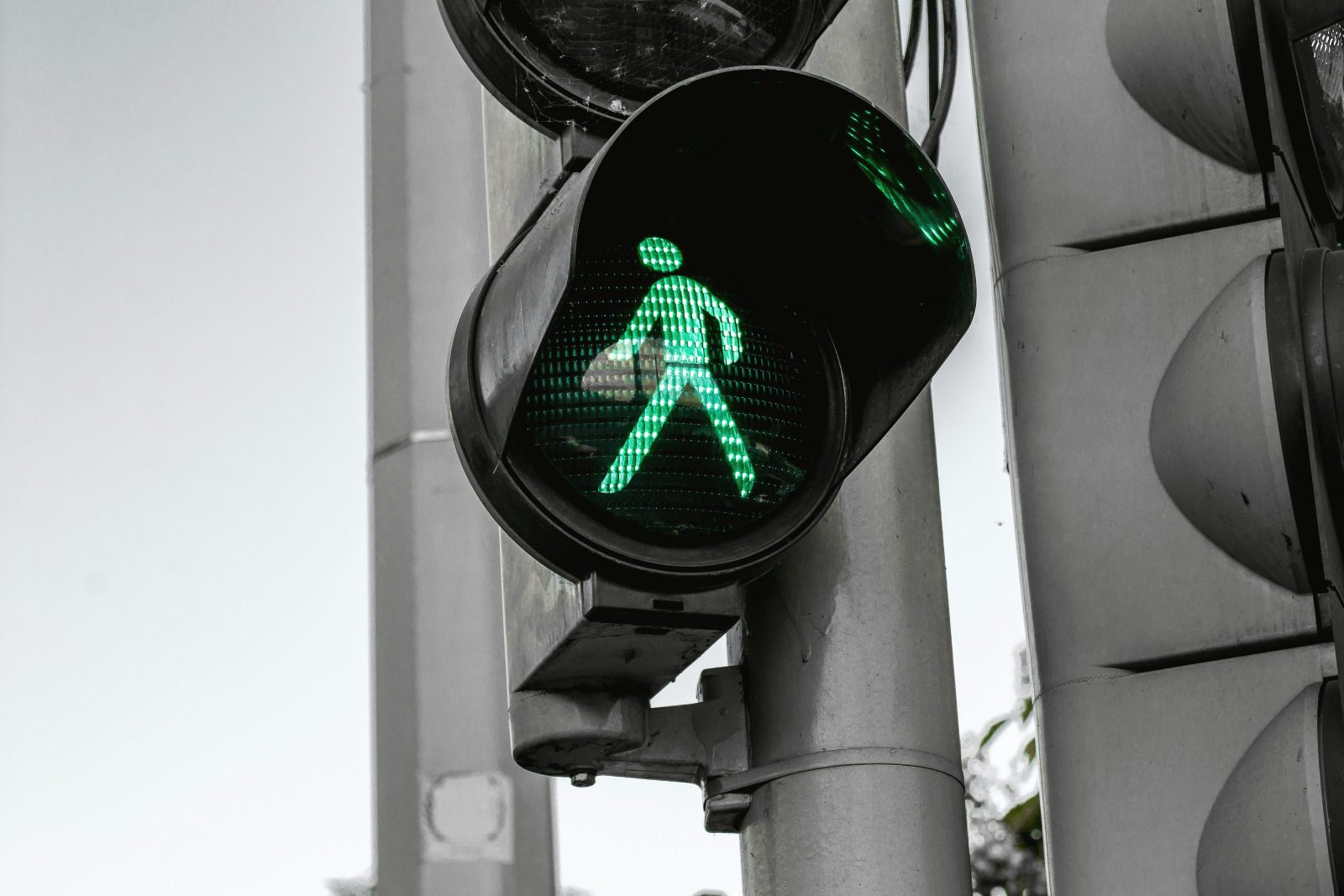In Nebraska, understanding right-of-way laws is essential for ensuring road safety and preventing accidents. These laws dictate who has the legal right to proceed in various traffic situations, thereby reducing confusion and enhancing the flow of traffic. This article provides a comprehensive overview of Nebraska’s right-of-way regulations, covering intersections, pedestrian crossings, merging scenarios, and special circumstances.
Defining Right-of-Way
According to Nebraska Revised Statutes § 60-655, right-of-way is defined as “the right of one vehicle or pedestrian to proceed in a lawful manner in preference to another vehicle or pedestrian approaching under such circumstances of direction, speed, and proximity as to give rise to danger of collision unless one grants precedence to the other.”
Intersections and Turns
At intersections without traffic signals or signs, drivers must yield to vehicles approaching from the right. When making a left turn, it’s imperative to yield to oncoming traffic and pedestrians. This means waiting for a safe gap before initiating the turn.
Pedestrian Crossings
Nebraska law mandates that drivers yield to pedestrians in both marked and unmarked crosswalks. This includes intersections without traffic signals. Additionally, drivers must exercise caution and reasonable care to avoid collisions with pedestrians on or near the roadway.
Merging and Highway Entry
When merging onto highways or interstates, vehicles already on the highway have the right-of-way. Merging drivers must adjust their speed to fit into the flow of traffic safely. It’s essential to use acceleration lanes to match the speed of highway traffic and merge without causing disruptions.
Roundabouts
In roundabouts, incoming traffic must yield to vehicles already circulating. Drivers should enter the roundabout only when there’s a sufficient gap in traffic, ensuring a smooth and safe flow. It’s also crucial to yield to pedestrians at crosswalks before entering and after exiting the roundabout.
Special Situations
Nebraska law requires drivers to yield the right-of-way to funeral processions. These processions have the same rights as emergency vehicles and are only required to yield to emergency responders. Failure to yield in such situations can result in penalties, including fines and points assessed to the driver’s license.
Penalties for Non-Compliance
Failing to yield the right-of-way can lead to significant consequences. Violations may result in fines, points added to the driver’s license, and increased insurance premiums. In cases where failure to yield leads to accidents causing injury or death, drivers may face more severe legal repercussions.
Conclusion
Adhering to right-of-way laws is crucial for maintaining safety on Nebraska’s roads. By understanding and following these regulations, drivers can help prevent accidents and ensure a smoother traffic flow. It’s every driver’s responsibility to stay informed and practice safe driving habits.
(Source : stateregstoday.com)













Leave a Reply